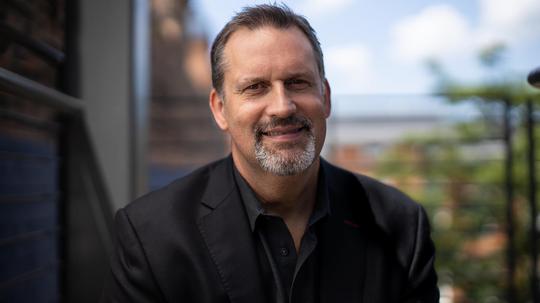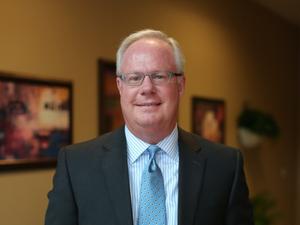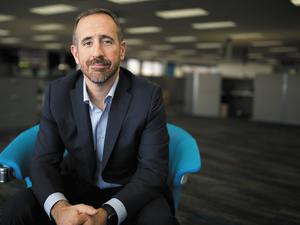
A fast-growing Cincinnati company — and one of the region’s top up-and-coming startups of 2021 — is being acquired by a Texas-based peer, officials announced Tuesday.
Halo Health, a downtown-based health care tech firm, said it has agreed to be acquired by Symplr, a Houston-headquartered enterprise health care software company backed by Clearlake Capital Group, a Santa Monica, Calif.-based investment firm, and Charlesbank Capital Partners, a Boston- and New York-based middle-market private investment firm.
Terms of the transaction were not disclosed.
Halo Health didn’t confirm any potential leadership or office changes at time of publication. The company, a 2021 Cincy Inno “Startup to Watch,” is one of the city’s best-funded venture-backed firms.
Halo’s roster of customers includes some of the most prestigious hospital systems around the country.
Dr. Jose Barreau, CEO of Halo Health, said in a release joining Symplr will allow the company to further expand the reach of its Halo clinical collaboration platform, a cloud-based system that streamlines communication among physicians, nurses and staff.
The platform was rated a top performer in a recent KLAS Research report. KLAS aims to help provider organizations understand and compare vendor capabilities.
"Our rating demonstrates we continue to meet the needs of health care systems nationwide,” Barreau said. “We look forward to extending that leadership as we unite with the Symplr family."
Halo Health, co-founded in 2010 by Barreau, previously the physician director of Cincinnati-based TriHealth Cancer Institute, and Dr. Amit Gupta, an oncologist, helps health care organizations standardize and streamline clinical communication and workflows and connect clinical communities. Its platform consolidates outdated technology like pagers, feature phones and legacy texting applications — allowing for instant access to electronic health records, critical and clinical teams, physician on-call schedules, call centers, labs and directories as well as voice-over-internet-protocol calling.
The company had made several moves to scale, particularly over the past year. In January, it received a new credit facility, or a type of loan, courtesy of Toronto-based Espresso Capital. The size of the credit was undisclosed. Halo also expanded its C-suite, adding its first-ever chief marketing officer and chief technology officer.

Tim Schigel, managing partner of Over-the-Rhine-based Refinery Ventures, called Halo’s acquisition was a major accomplishment for its team. Halo Health was Refinery’s first investment in 2017, when the firm joined in on $11 million Series A led by Bain Capital Ventures.
Refinery made the initial investment, Schigel said, because the industry seemed poised for a change. He said Halo is the only company to sell a cloud-based solution across entire hospital systems.
“The environment for health care workers is extremely dynamic, inefficient and workers often face burn out,” Schigel told me. “Halo is the first company to provide seamless, clear communication and make the experience better for patients and workers. I think in the next five to 10 years, all hospitals will operate based on some form of a Halo platform.”








